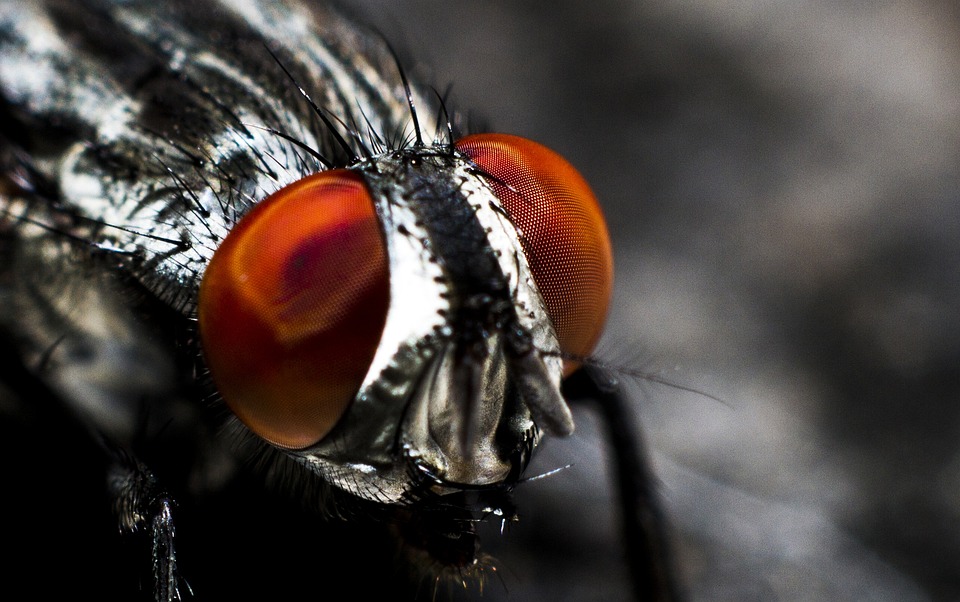As summer approaches and outdoor activities ramp up, many homeowners are faced with an unwelcome guest: bugs. While chemical-laden insect repellents may seem like a convenient solution, they often come with potential side effects for both humans and the environment. Fortunately, there’s a safer, eco-friendly alternative—DIY natural bug sprays! Using common household ingredients, you can create effective insect repellents without worrying about harmful chemicals. Here’s a guide to some of the top DIY recipes for natural bug sprays that you can whip up in no time.
The Benefits of Natural Bug Sprays
Before diving into the recipes, it’s essential to understand the advantages of using natural bug sprays:
- Safety: Natural ingredients are less likely to cause skin irritation or allergic reactions, making them safe for children and pets.
- Environmentally Friendly: DIY bug sprays are biodegradable and free from synthetic chemicals that can harm wildlife and groundwater.
- Cost-Effective: Most ingredients for DIY sprays are inexpensive or might already be in your kitchen.
- Customizable: You can tailor your bug spray to your personal preferences by adjusting the essential oils and other ingredients based on what works best for you.
Top DIY Recipes for Natural Bug Sprays
1. Essential Oil Bug Spray
Ingredients:
- 10 drops of lemon eucalyptus oil (known for its mosquito-repelling properties)
- 10 drops of lavender oil
- 10 drops of tea tree oil
- 1 cup of witch hazel or vodka
- 1 cup of water
Instructions:
- In a spray bottle, combine the essential oils with the witch hazel or vodka.
- Add the water and shake well to mix.
- Store in a cool, dark place and shake well before each use.
2. Citrus Repellent
Ingredients:
- 2 cups of water
- 1 lemon, sliced
- 1 orange, sliced
- 10 drops of peppermint essential oil
Instructions:
- In a small saucepan, bring the water to a boil.
- Add lemon and orange slices, then reduce the heat and let it simmer for about 10–15 minutes.
- Remove from heat and let the mixture cool.
- Strain the liquid into a spray bottle and add the peppermint oil.
- Shake well before use.
3. Vinegar-Based Bug Spray
Ingredients:
- 1 cup of white vinegar
- 1 cup of water
- 2 tablespoons of dish soap (natural or biodegradable is best)
- 10 drops of your choice of essential oil (such as lavender or eucalyptus)
Instructions:
- Combine all ingredients in a spray bottle and shake well.
- Spray around doorways, windows, and other entry points where bugs are likely to enter.
- Be mindful not to spray directly on plants, as vinegar can harm foliage.
4. Garlic Bug Spray
Ingredients:
- 1 head of garlic (crushed)
- 2 cups of water
- 2–3 drops of liquid soap (to help the mixture stick)
Instructions:
- Combine the crushed garlic and water in a blender. Blend until smooth.
- Let the mixture sit overnight to steep.
- Strain the liquid into a spray bottle and add the liquid soap.
- Spray on outdoor plants and areas where you want to deter bugs, being cautious around sensitive vegetation.
5. Apple Cider Vinegar Bug Spray
Ingredients:
- 1 cup of apple cider vinegar
- 1 cup of water
- 10 drops of essential oil (like citronella, peppermint, or lavender)
Instructions:
- Mix the apple cider vinegar and water in a spray bottle.
- Add the essential oil and shake to combine.
- Use this spray on skin and clothing during outdoor activities to keep insects at bay.
Tips for Effective Use
- Patch Test: Always do a patch test on your skin to ensure there’s no allergic reaction to any ingredients.
- Reapplication: Natural bug sprays may need to be reapplied more frequently than commercial products, especially after swimming or sweating.
- Storage: Store your homemade sprays in a cool, dark place to prolong their effectiveness and shelf life.
Conclusion
Ditching chemical-laden bug repellents for natural alternatives is not just beneficial for your health and the planet—it can also prove to be an enjoyable and rewarding process. These DIY bug sprays are easy to make, customizable, and provide you with peace of mind while you enjoy your time outdoors. So, gather your ingredients, get creative, and say goodbye to those pesky insects with nature’s own solutions!
